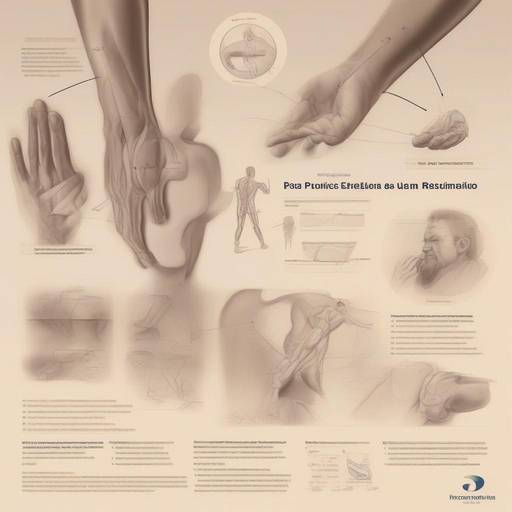
Intermittent fasting has gained popularity in recent years as an effective approach to improving health and well-being. On the other hand, labour productivity is a fundamental aspect of everyday life. How do these two concepts relate? In this article we will analyze the impact of intermittent fasting on productivity, exploring its influence on physical well-being and daily energy. Throughout this content, we will discover how intermittent fasting can be a tool to optimize work performance and achieve a complete balance.
Introduction
Intermittent fasting, also known as cyclic fasting, involves alternating feeding periods with fasting periods. This millenary practice has gained relevance in the field of health and performance thanks to its potential to improve metabolic function, cardiovascular health and body composition. At the same time, labour productivity has become a crucial issue in modern life, where efficiency and performance are paramount. In this regard, the relationship between intermittent fasting, physical well-being and daily energy is of great importance, as it can significantly influence the ability of individuals to fulfil their professional and personal responsibilities.
History and Background
Intermittent fasting is not a new concept, but has been practiced throughout history by different cultures and communities. Since ancient times, fasting has been used for religious, spiritual and therapeutic purposes, with evidence that dates from ancient civilizations such as Greek and Roman. Over the centuries, various historical figures have promoted their benefits, and their implementation has become a globally recognized approach to health and well-being.
Detailed Analysis
Intermittent fasting has been the subject of numerous studies that have revealed a number of benefits for physical and mental health. These include improving insulin sensitivity, reducing the risk of chronic diseases and encouraging cellular autophagia, a key process in the renewal and repair of the body. On the other hand, physical well-being encompasses aspects such as strength, flexibility and body composition, which are influenced by food and lifestyle. In addition, daily energy, essential to addressing cognitive and physical demands, is affected by factors such as sleep quality, nutrition and physical activity. These elements are interrelated in a complex way, which leads us to consider how intermittent fasting can directly affect labour productivity.
Benefits for Productivity
- Improvement of Mental Clarity: Studies have shown that intermittent fasting can improve cognitive function and mental clarity, which is crucial for decision-making and problem solving in the workplace.
- Energy increase: By stabilizing blood sugar levels and improving metabolic efficiency, intermittent fasting can provide a steady supply of energy, reducing peaks and drops of energy throughout the day.
- Fatigue reduction: A healthier and less swollen body has more capacity to resist stress and recover quickly, which contributes to greater resistance during the working day.
Comprehensive review
Intermittent fasting, by promoting metabolic efficiency and regulating energy levels, can have a significant impact on people's ability to maintain optimal performance in their work activities. In addition, by improving mental clarity and reducing fatigue, intermittent fasting can help increase concentration and productivity, facilitating decision-making and solving complex tasks. Being key to physical well-being, a healthy and energized body favors increased stress resistance and faster recovery, fundamental aspects in demanding working environments.
Conclusions and FAQs
In conclusion, intermittent fasting can be an effective tool to improve labor productivity by improving physical well-being and daily energy. By understanding the interaction between these elements, people can optimize their work performance and their quality of life in general.
Frequently asked questions
- Is the intermittent fast suitable for all people?
- Not all people can benefit from intermittent fasting in the same way. It is important to consult with a health professional before starting any fasting regime, especially if there are pre-existing medical conditions.
- How does intermittent fasting affect sleep quality?
- Intermittent fasting can improve sleep quality by regulating hormone levels and reducing inflammation. However, it is crucial not to make copious meals before bed to avoid sleep interruptions.
- What types of intermittent fasting exist?
- There are several modalities, including fasting 16/8 (16 hours of fasting and 8 hours of feeding), fasting 5:2 (eating usually five days a week and restricting calories two days), and fasting in alternate days. The choice depends on individual preferences and needs.
- What can I eat during the feeding windows?
- A nutrient-rich balanced diet is recommended, with a good proportion of proteins, healthy fats, and complex carbohydrates. Avoiding processed foods and refined sugars is key to maximizing fasting benefits.
- Can intermittent fasting affect physical performance?
- Intermittent fasting can improve body composition and metabolic efficiency, thus benefiting physical performance. However, it is important to properly plan nutrient intake to support the demands of physical exercise.
Exploring and understanding these aspects of intermittent fasting can provide a solid basis for improving both health and productivity.






















































